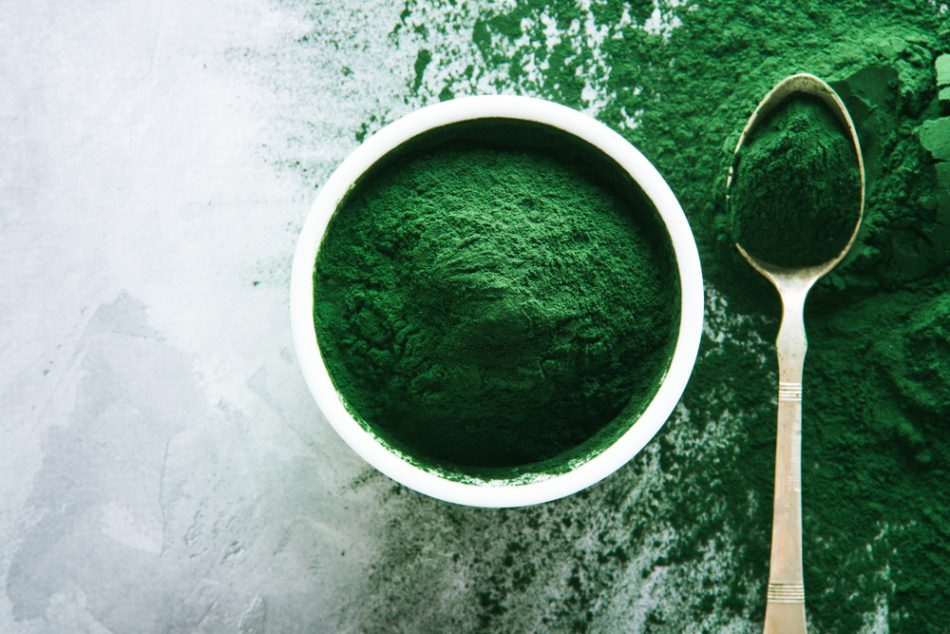You may have noticed vibrant blue beverages popping up at your favorite cafe or health food store. These treats are most likely infused with spirulina, a green-blue superfood that’s rapidly gaining popularity. But what exactly is spirulina and why is it good for you? Let’s take a look.
What is spirulina?
Spirulina is a supplement made from algae. It’s most commonly found in a powdered form and can be used in lattes, smoothies, juices, and other beverages. AFA and chlorella are other types of algae also sometimes used.
Benefits of spirulina
Nutrient dense
In a world where the term “superfood” gets tossed around a lot, spirulina actually earns the title. It is one of the world’s most nutrient-dense substances and contains vitamins B1, 2, and 3, iron, magnesium, iron, and potassium.
Natural detoxifier
Spirulina works as a natural detoxifier, which is why it can be used as a water purifier in some circumstances. Its proteins and peptides bond to toxins, including lead and mercury, to excrete them from the body.
Immune booster
Spirulina has been shown to boost immune function and it contains the antioxidant phycocyanin, which fights off cell damage.
Lowers blood pressure
Its antioxidant properties help lower blood pressure by increasing blood flow. It also increases the production of nitric oxide, which helps widen blood vessels.
Increases endurance
Spirulina is very high in protein and studies have shown that regularly consuming it can improve endurance. Experts believe this to be linked to its blood flow-promoting properties.
Prevents yeast infections
Spirulina has been shown to help balance vaginal bacteria to avoid yeast infections. It does this by attracting and flushing out candida cells. This same process also helps boost gut health!
Fights allergies
Spirulina has been linked to fewer allergy symptoms in people allergic to seasonal factors like pollen, dog hair, and grass.
Picking a safe spirulina
Unfortunately, some spirulina testing has found the presence of metals. Choose a safe spirulina source by opting for organic and gluten-free options which have lower rates of contamination and choose a highly-rated brand such as Nutrex Hawaii, which uses a certified facility, or Zhou, which is grown in California without pesticides and herbicides.











